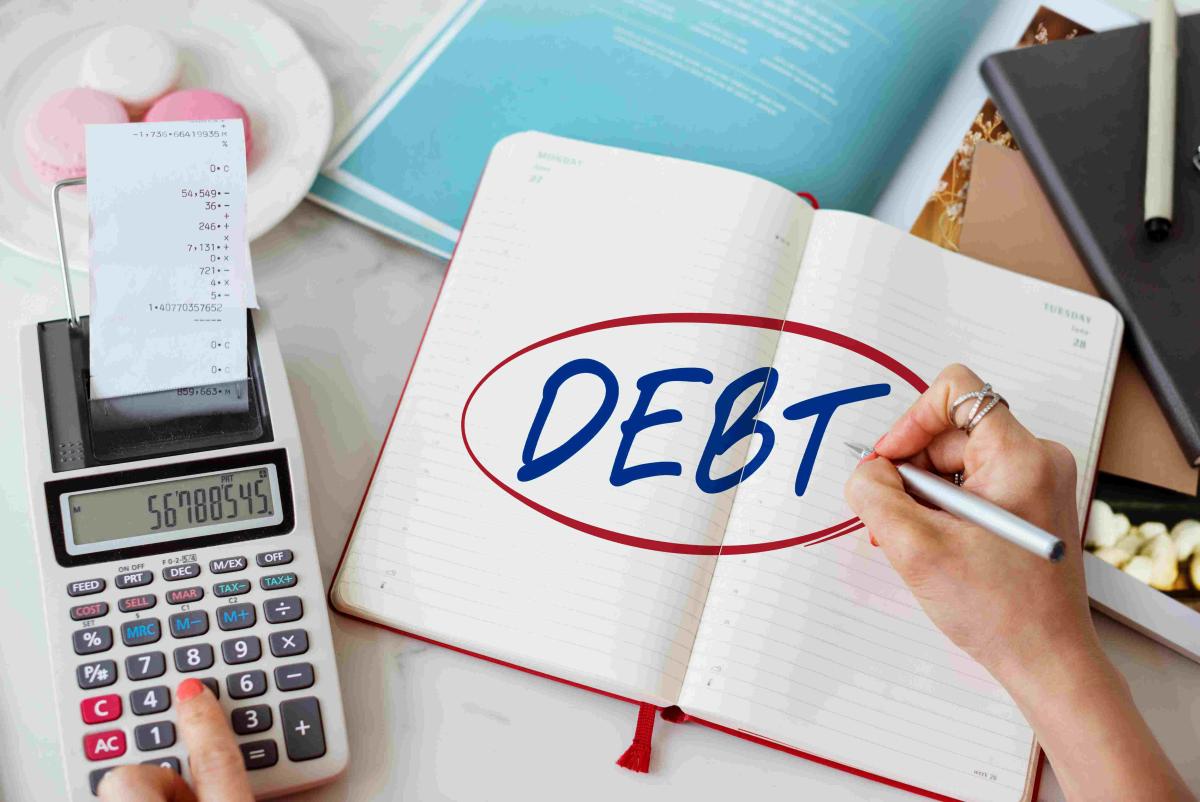How Long Does Debt Resolution Take? What You Should Expect

If you're feeling suffocated by financial obligations, you're not alone. Whether you're facing credit card debt, medical debt, vehicle debt, or student loan, navigating the right route to debt resolution can seem like climbing a mountain. We know the burden of financial woes and this blog will assist you in navigating this complex process.
One of the most frequent questions we get from clients is: How long will it take to resolve debt? There is no one-size-fits-all solution, but certain factors determine how long the process will take. In this blog, we will explain what you can anticipate when pursuing debt resolution and how an experienced team can offer the support and guidance you need to identify the proper resolution for your future.
Understanding the Process of Debt Resolution
Before we explore how long the debt resolution process takes, we must learn what happens within the process. Debt resolution generally describes getting rid of your outstanding debt by reducing or eliminating it using different approaches such as debt management, consolidation, or even debt settlement.
Debt resolution services consultants closely collaborate with you to determine the most effective method based on your unique situation, whether debt management, a tailored settlement strategy, or something else.
The Duration of Debt Resolution: What Affects the Timeline?
How long it will take to close your debt depends significantly on the technique used and the level of complexity in your case. On average, it will typically take anything from a few months to several years. The main factors that will determine how long it will take are listed below:
a) Type of Debt Resolution Program
● Debt Settlement: Under this program, the objective is to negotiate with creditors to lower the total debt owed. This process will take 2 to 4 years. The specific period will depend on the debt you owe and how long it takes to settle each account. The longer the negotiation process, the more money you'll save in the long term.
● Debt Management Plans (DMP): Debt management typically involves using a credit counseling agency to negotiate reduced interest rates and establish an affordable repayment plan. This plan can last 3 to 5 years and generally involves paying off the entire debt but at a reduced rate.
● Debt Consolidation: Consolidation of debt means borrowing one loan to settle multiple debts. The consolidation period is usually 2 to 7 years, depending on the loan terms. What's important here is that you're trading various payments for one monthly fee, which can simplify your finances and make it easier to pay off debt sooner.
b) Amount of Debt
The greater your debt, the longer it will take to settle. If your debt is huge, it could take longer to negotiate settlements or develop a repayment plan that is within your budget. In extreme debt cases, dealing with creditors might also be more challenging.
c) Your Payment and Financial Habits
How you make your payments may influence how long the debt settlement will take. For example, maintaining a regular payment schedule will cause your debt to be settled sooner, while delay or missed payments will impede the process. You can trim down the overall period if you can provide extra funds or larger payments towards your debt.
d) Creditor Cooperation
Not all creditors are willing to negotiate lower debt levels or interest rates. If your creditors are willing to negotiate, your debt resolution process can proceed more rapidly. However, if creditors are not cooperative, it will take longer to achieve a positive outcome.
What to Expect During the Debt Resolution Process
Although each debt resolution process is different, here's a general idea of what you can expect along the way:
● Initial Assessment: The initial step in debt resolution is knowing where you stand financially. Debt resolution experts provide a complimentary, no-charge consultation to review your debt, income, and overall financial well-being. This is also when we explore opportunities like new student loan relief options, if applicable, to find the most suitable path forward..
● Personalized Plan Development: Based on your evaluation, they will develop a personalized debt management plan. This plan may involve debt consolidation, a settlement proposal, or other customized approaches to alleviating your financial pressure.
● Negotiation with Creditors: For those who opt for debt settlement, they will negotiate with your creditors to lower your outstanding balance. This process usually takes the longest, as negotiations may take some time to arrive at reasonable terms.
● Payment Plan: After you've agreed, you'll be placed in a formal repayment plan. If you're consolidating debts or repaying through a debt management plan, this phase entails making periodic payments on your new debt plan.
● Debt-Free Future: Our ultimate goal is to make you debt-free. By finishing the debt settlement process, you will be one step closer to rebuilding your credit and having a better financial future.
Ready to get started? Schedule a meeting with an expert today to review your debt situation and determine what's best for your future.
